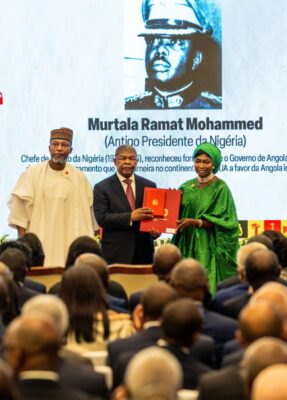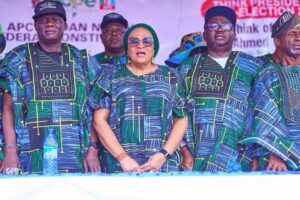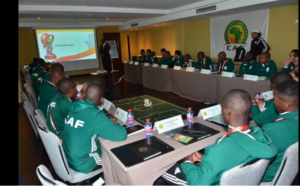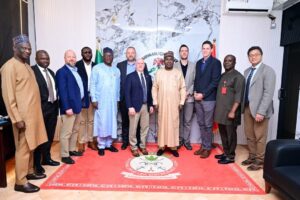The government and people of Angola have posthumously honoured Nigeria’s former Head of State, General Murtala Muhammed, in recognition of his pivotal role in supporting the country’s independence from Portuguese colonial rule.
The award ceremony, held over the weekend in Luanda, was part of Angola’s 50th Independence Anniversary celebrations.
Two other Nigerians—former President Olusegun Obasanjo and former Minister of External Affairs, Professor Ibrahim Gambari—were also recognised for their contributions to Angola and African solidarity.
General Murtala Muhammed was celebrated for Nigeria’s decisive support during Angola’s liberation struggle in the mid-1970s.
Under his leadership, Nigeria was among the first nations to recognise the Popular Movement for the Liberation of Angola (MPLA) government, providing a critical financial lifeline of $17 million to help the newly independent nation resist external pressures and rebuild its economy.
Read Also
Speaking at the event, Tangyalamba Veloso, President of the Angola–Nigeria Chamber of Commerce and Industry, lauded Murtala Muhammed’s bold leadership and Nigeria’s principled stance.
READ ALSO: Angola’s President pardons Predecessors Son jailed for fraud, others
“Nigeria’s stance was bold and principled. Despite Cold War tensions and opposition from Western powers, General Murtala Mohammed declared Angola’s government legitimate in 1975, defying global scepticism and affirming Nigeria’s leadership as the moral voice of Africa,” she said.

Veloso recounted how General Murtala personally visited Angola to meet its leaders and confronted international oil companies that were threatening to withdraw investments.
“He told the oil companies, if you pull out of Angola and don’t give them back their resources, you will also pull out from Nigeria and lose all your money. You won’t have Angola nor Nigeria to help your finance,” she recalled, noting that this decisive action helped secure Angola’s sovereignty.
She further emphasised that Murtala Muhammed’s recognition of Angola as an independent nation and Nigeria’s financial support marked a turning point in the country’s history, highlighting Nigeria’s role as a beacon of leadership and hope for Africa.





